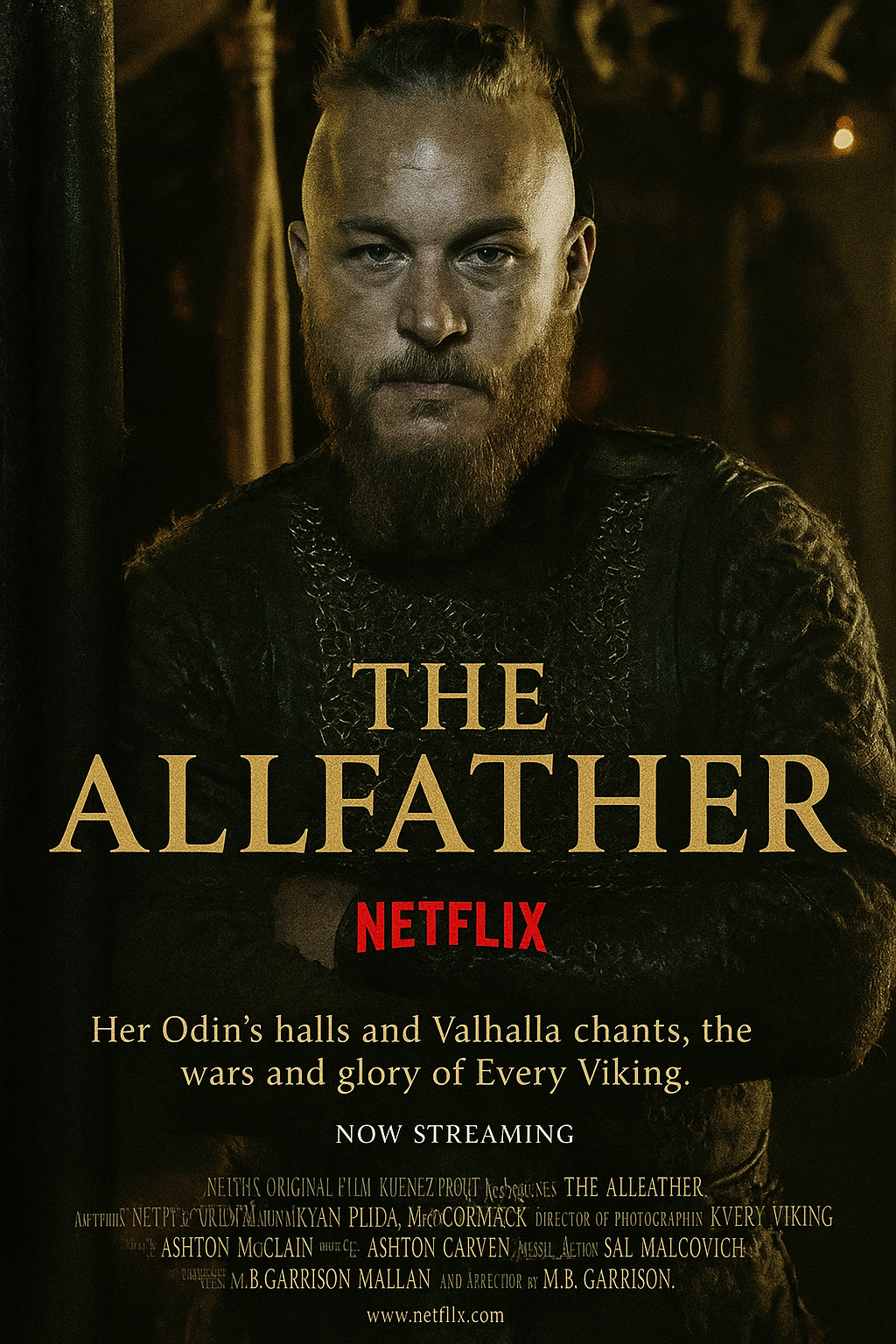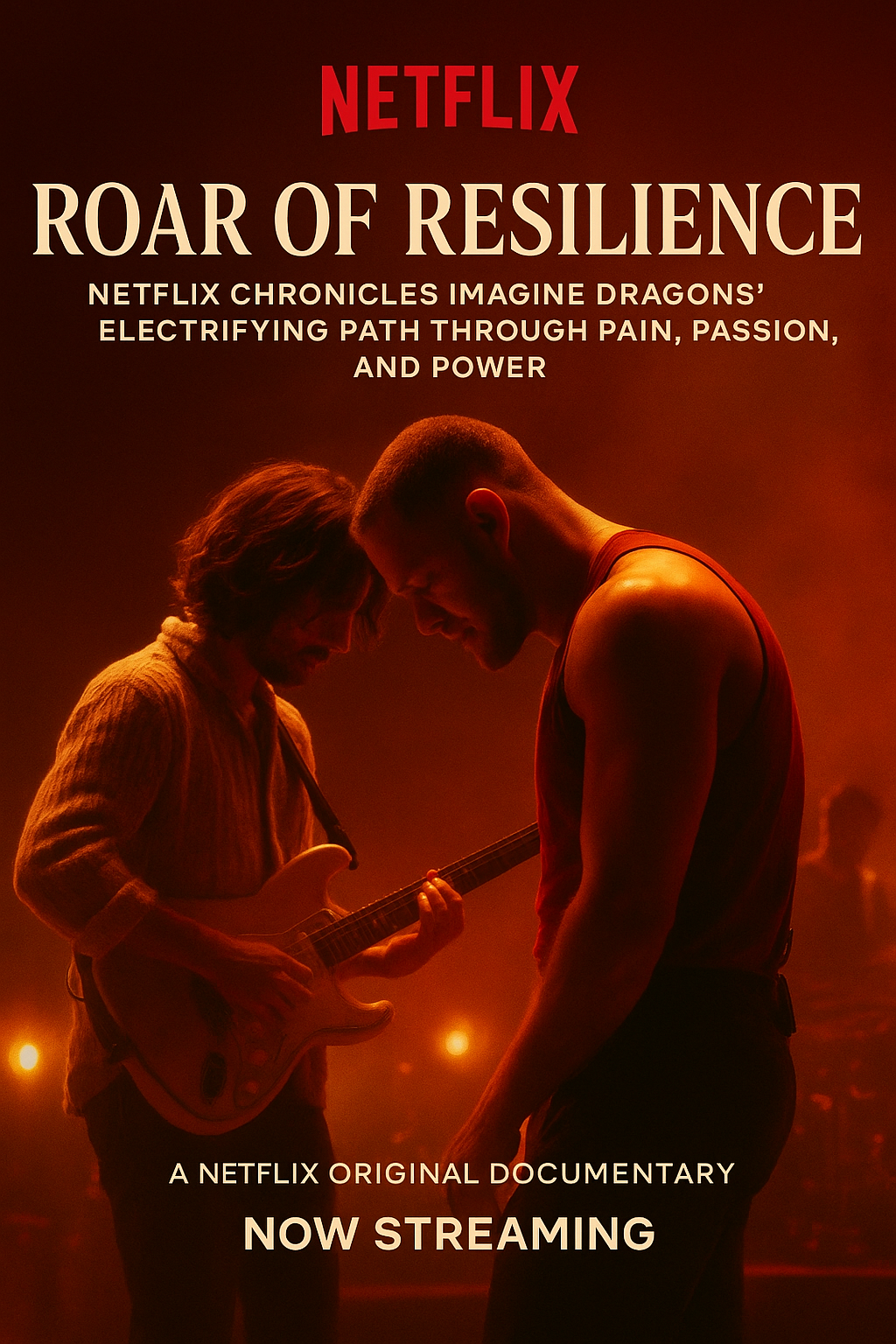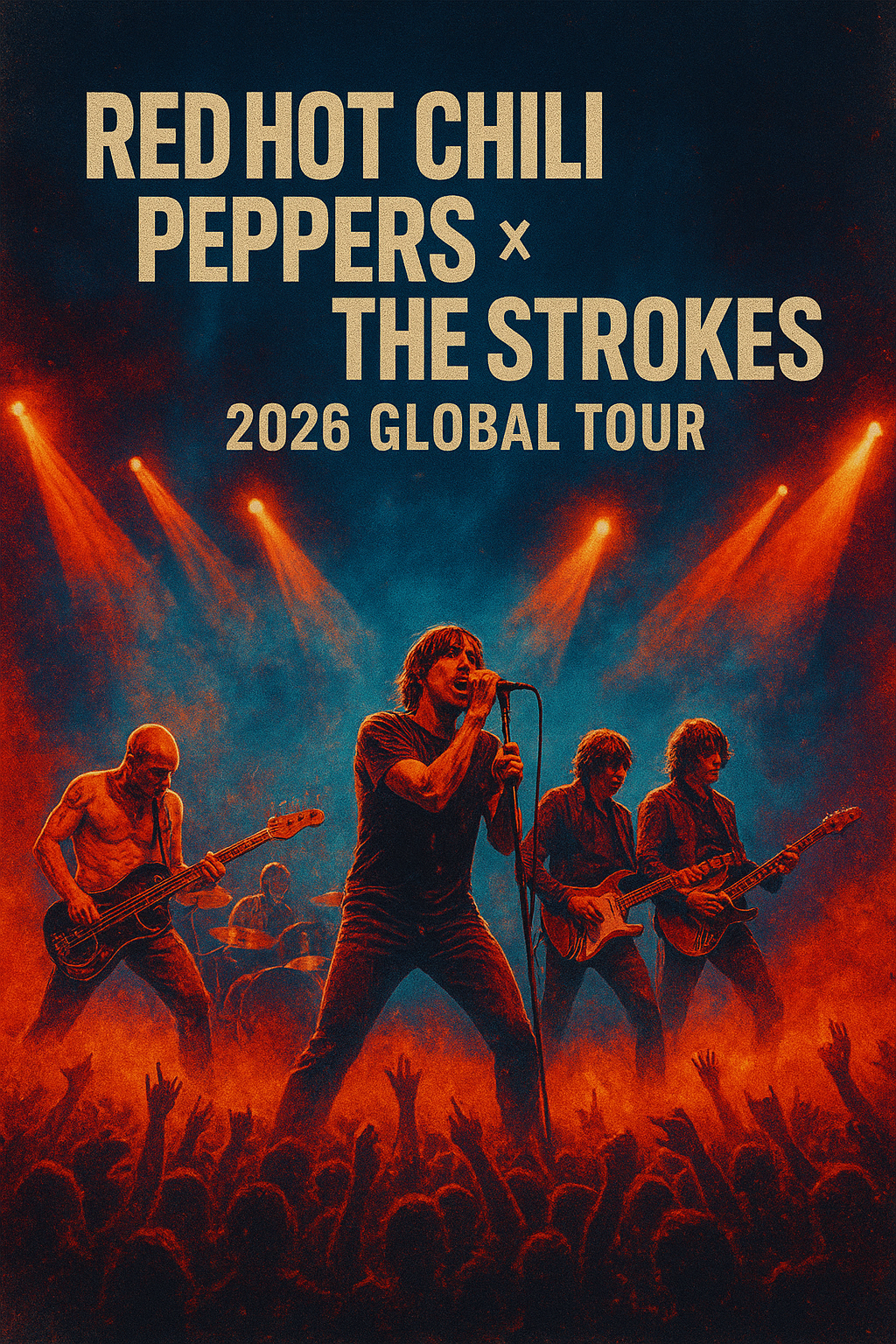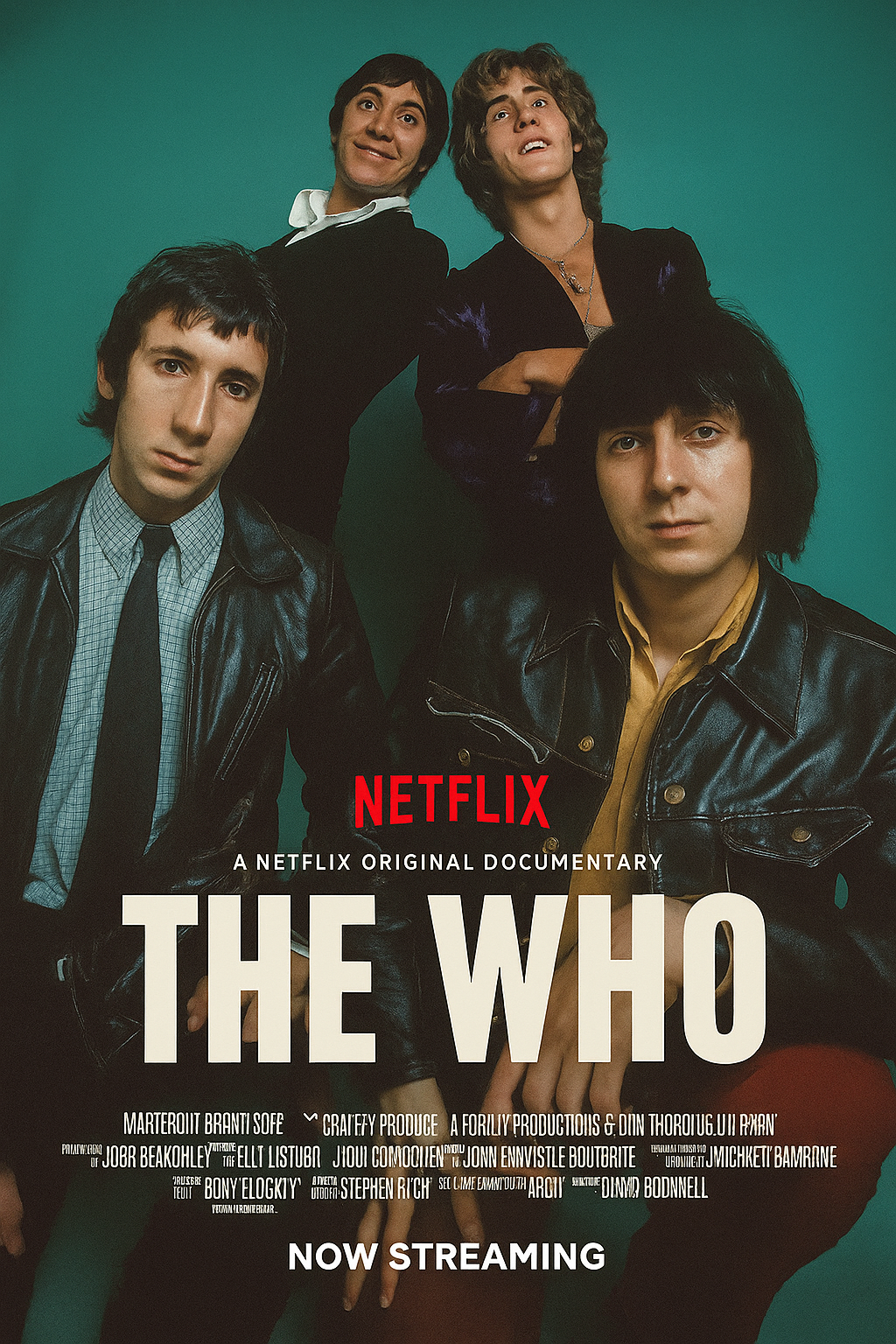The world of Norse mythology has always captivated audiences with its raw blend of mysticism, war, and divine legend, and Netflix has once again tapped into this timeless fascination with its latest original movie, The Allfather. From the very first frame, this film exudes grit, power, and the spiritual weight of ancient Viking tales. The centerpiece of this story is not just the brutality of battle but the quest for meaning in a world where gods and mortals often collide. It is as much about belief and destiny as it is about swords and shields.
The character at the heart of The Allfather embodies strength, wisdom, and an unyielding spirit. His presence is commanding, his stare unflinching, and his journey symbolic of the eternal struggle between glory and survival. This is no simple retelling of Viking lore; instead, it’s a narrative stitched with emotional threads of loyalty, betrayal, and an insatiable hunger for greatness. Netflix has crafted a visual and narrative epic that refuses to compromise on scale or detail.
Audiences are immediately drawn into the world through stunning cinematography that paints the Norse landscapes with both beauty and menace. From fog-draped fjords to torch-lit halls, every detail immerses viewers into a world where every decision carries the weight of fate. The director’s vision seems to lean heavily on authenticity, with costumes, weapons, and rituals rendered with painstaking attention to historical accuracy while still leaving room for cinematic flair.
The battles in The Allfather are unlike those seen in typical historical dramas. They are visceral, brutal, and at times poetic, reflecting the Viking belief that combat was not just survival but a pathway to the gods. Yet the film avoids glorifying violence for its own sake. Instead, it highlights the deeper motivations of warriors who believed that dying in battle was a ticket to Valhalla, Odin’s eternal hall. This spiritual connection elevates the fight scenes from spectacle to symbolism.
But beyond the clashes of steel and the chants to the gods lies a story of humanity. The Allfather himself is portrayed not just as a mighty warrior but as a man of deep reflection, torn between his earthly duties and the whispers of the divine. His vulnerability, masked beneath a hardened exterior, makes him not only a leader but a character with whom audiences can empathize. This balance between godlike imagery and human emotion is what sets this film apart.
The supporting cast provides a tapestry of stories that enrich the central narrative. From warriors desperate to prove themselves, to families awaiting their fate as battles rage, each subplot contributes to a broader picture of Viking society. These layers ensure that the movie is not a one-dimensional tale of conquest but a multifaceted exploration of culture, belief, and the sacrifices that define legacy.
The soundtrack deserves special mention, as it pulses with the deep rhythms of war drums and haunting chants that echo through the halls of Odin. The music elevates every moment, whether it’s the quiet before a storm or the triumph of victory. Combined with the visuals, the score ensures viewers are not just watching history unfold but are immersed in its spiritual resonance.
Netflix has clearly invested heavily in ensuring The Allfather stands as more than just another historical epic. The film feels like a love letter to Norse mythology while also being accessible to newcomers unfamiliar with the sagas. It bridges the gap between legend and cinema, between history and spectacle, all while respecting the cultural weight of the stories it draws upon.
There is also a clear attempt to ground the larger-than-life mythology in relatable themes. Ideas of fatherhood, legacy, loyalty, and sacrifice are woven throughout the narrative. It is this grounding that allows the story to resonate so strongly with modern audiences, reminding us that even in distant times, the core of human struggle remains unchanged.
Released on September 23, 2025, The Allfather arrives at a time when epic sagas are in high demand, yet few manage to capture the essence of myth and legend as authentically as this one does. Its timing ensures it stands at the forefront of conversations around cinematic portrayals of Vikings and Norse gods, likely securing its place as a defining Viking epic of the modern era.
Already, audiences and critics alike are praising its blend of artistry and authenticity. Social media is buzzing with scenes and quotes, with fans of Viking lore calling it one of the best cinematic treatments of Norse mythology to date. The movie is sparking renewed interest in the sagas, legends, and history of the North, proving that the allure of Odin and Valhalla is as powerful now as it was centuries ago.
For Netflix, The Allfather is more than a film—it’s a cultural statement. It reaffirms the platform’s commitment to producing high-quality epics that challenge the boundaries of storytelling while honoring the myths that inspire them. As audiences stream this gripping tale, they are not only entertained but also transported into a world where chants of Valhalla still echo, and the glory of every Viking continues to burn bright.
Ultimately, The Allfather is not just a movie about gods and warriors; it is a story of life, death, and the eternal quest for meaning. It is about understanding that every act of courage, every battle fought, and every song sung carries forward into eternity. And in that sense, it leaves its viewers with the same question that haunted every Viking before battle: what will your legacy be?



